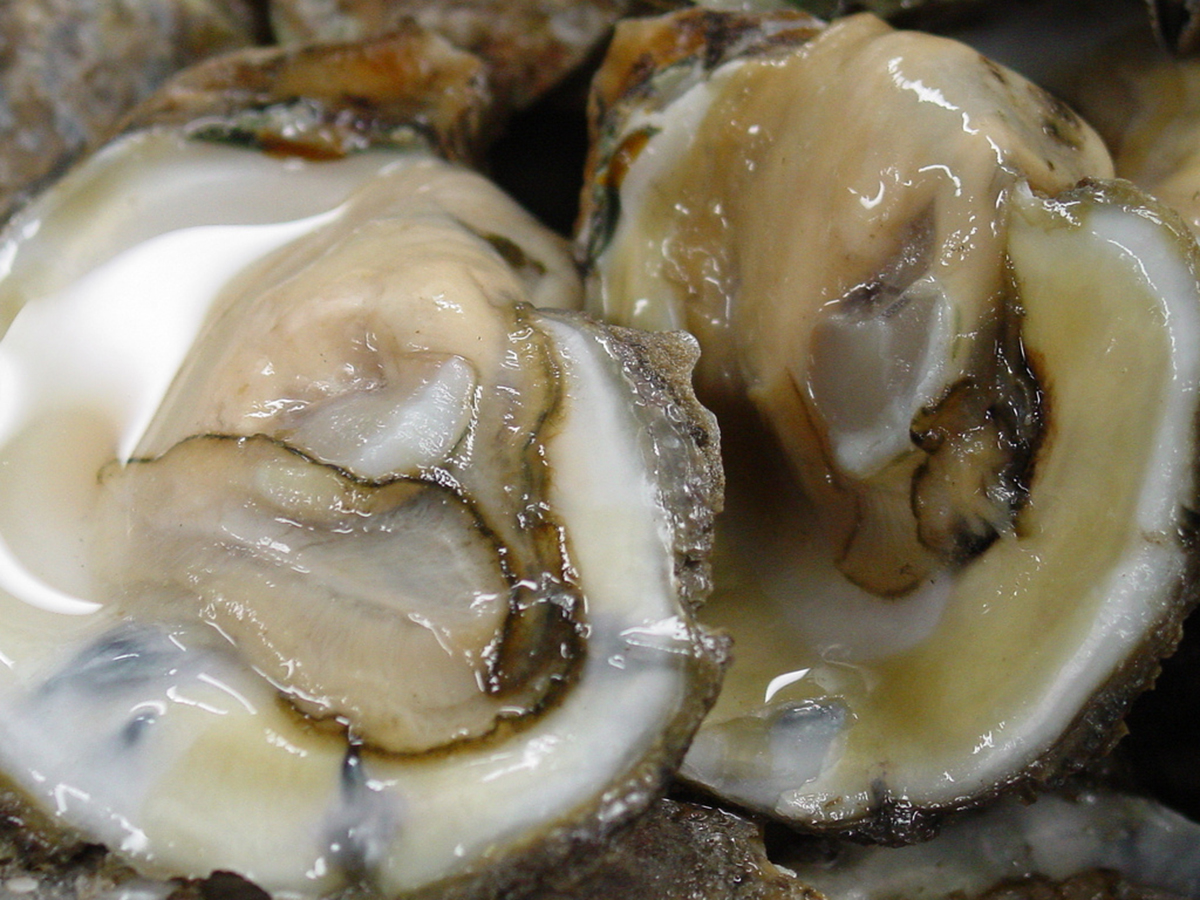Table of Contents
Some of the best foods for brain health are inexpensive, easy to prepare, and delicious, and often overlooked. Here is what you need to know about enhancing your brain health with simple additions to your diet.
Just how useful is diet in promoting brain health? Dr. Drew Ramsey, MD, assistant clinical professor of Psychiatry at Columbia University College of Physicians and Surgeons in New York City, reports that people who simply have the right general information about healthy foods for the brain are 40 percent less likely to develop depression.

Psychiatry, he says, doesn't have anything else that can reduce the risk of depression as much as eating right. Ramsey has a number of suggestions for brain-healthy eating.
- The single healthiest food for the brain is oysters. Not only are these simple shellfish a good source of the omega-3 essential fatty acids the brain needs, six oysters provide 240 percent of an adult's recommended daily intake of vitamin B12 and 500 percent of the recommended daily intake of zinc. Clams are almost as nutritious for the brain.
- The healthiest meat for the brain is a food you won't often see on the TV program Top Chef or the pages of the magazine Bon Appétit, spleen.
- It's best to eat other kinds of meat as a condiment, rather than as a main course. Production methods in North America, the United States in particular, produce an unhealthy product. If you eat meat, try to buy free-range, organic meat.
- Plant foods can provide some of raw materials the human body needs to manufacture the docosahexaenoic acid (DHA) that is so important to the membranes that line neurons, but fish and shellfish are a better source. Women's bodies use plant fats better than men's.
- Almonds are a great source of vitamin E, which neutralizes free radicals in the brain and elsewhere in the body. The good news about almonds is that a laboratory error 50 years ago resulted in an overestimate of the calorie content. The actual number of calories in a serving of almonds is 25 percent less than what you read on the label.
- Most people aren't sensitive to gluten, but about 10 percent of people are sensitive to gluten in the brain, not in the digestive tract. There are proteins in gluten that latch onto specialized receptors in the brain that are also activated by morphine, opium, and similar drugs. Some people even develop schizophrenia that can be relieved simply by eliminating wheat.
- A mixture of raw and cooked foods is always better than just raw or just cooked foods. Cooking not only doesn't eliminate all vitamins, sometimes it concentrates them, as long as food is steamed rather than boiled.
- Coffee and green tea are brain-healthy. Soda, whether or not it is sweetened with sugar or aspartame, is not. Simply giving up carbonated soft drinks like Coke and Pepsi can make a huge difference in how easy or hard it is to control your appetite.
- Cholesterol in food does not make a big difference in brain health. Only about 15 percent of the body's cholesterol comes from food.
- Certain spices are very useful in maintaining healthy brains, especially turmeric.
- Fasting, if you are otherwise healthy, helps give your brain a break so its cells can repair themselves, but it's only necessary to skip and meal and then return to your normal eating schedule. As little as 18 hours of fasting make a difference for your brain, especially if you have one of the genes that is commonly associated with Alzheimer's. Ask your doctor before you fast if you have diabetes.
The key foods for healthy brains are beans, greens, and shellfish. Eat all foods in moderation if you eat them at all.
- Gorlova OY. Nutrition and health – the association between eating behavior and various health parameters: a matched sample study. PLoS One. 2014
- 9:e88278.
- Sarris J, Logan AC, Akbaraly TN, et al. Nutritional medicine as mainstream psychiatry. Lancet Psychiatry. 2015. 2:271-274.
- Photo courtesy of JeepersMedia via Flickr: www.flickr.com/photos/jeepersmedia/14947740937
- Photo courtesy of larryjh1234 via Flickr: www.flickr.com/photos/dinesarasota/4052176191


Your thoughts on this